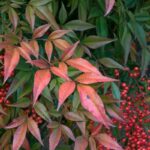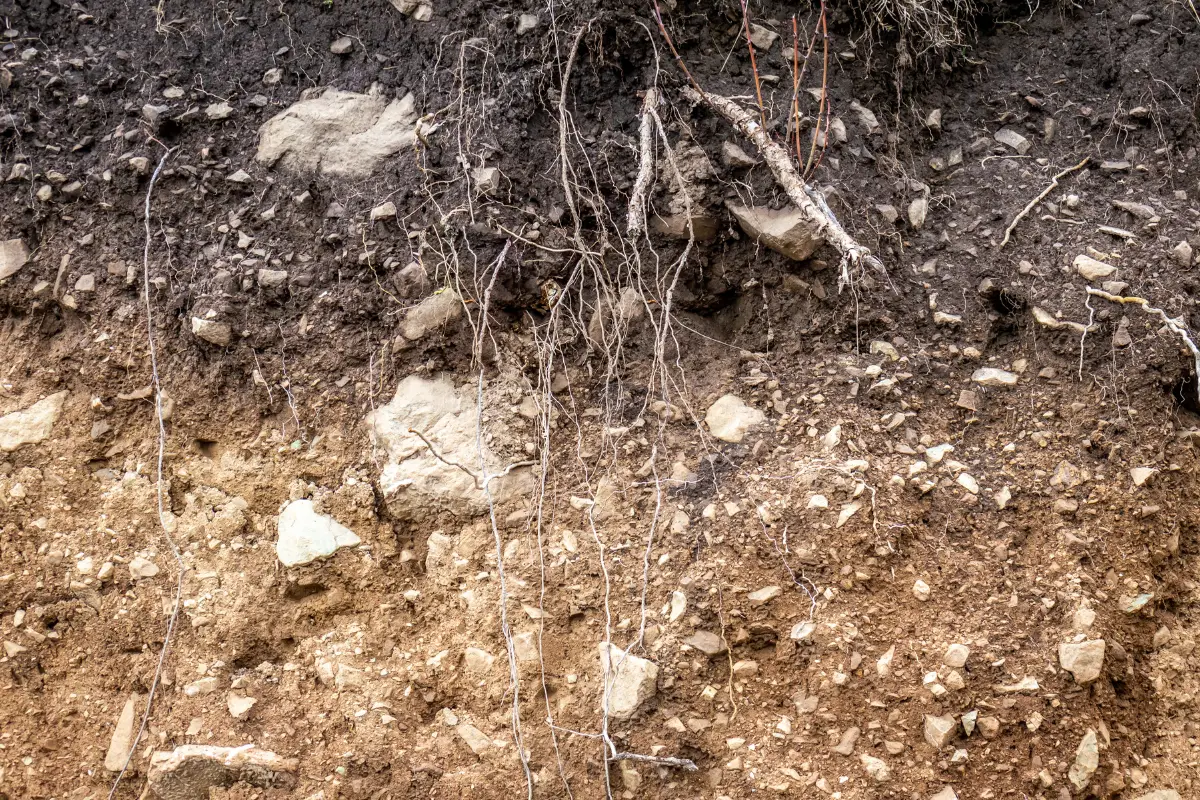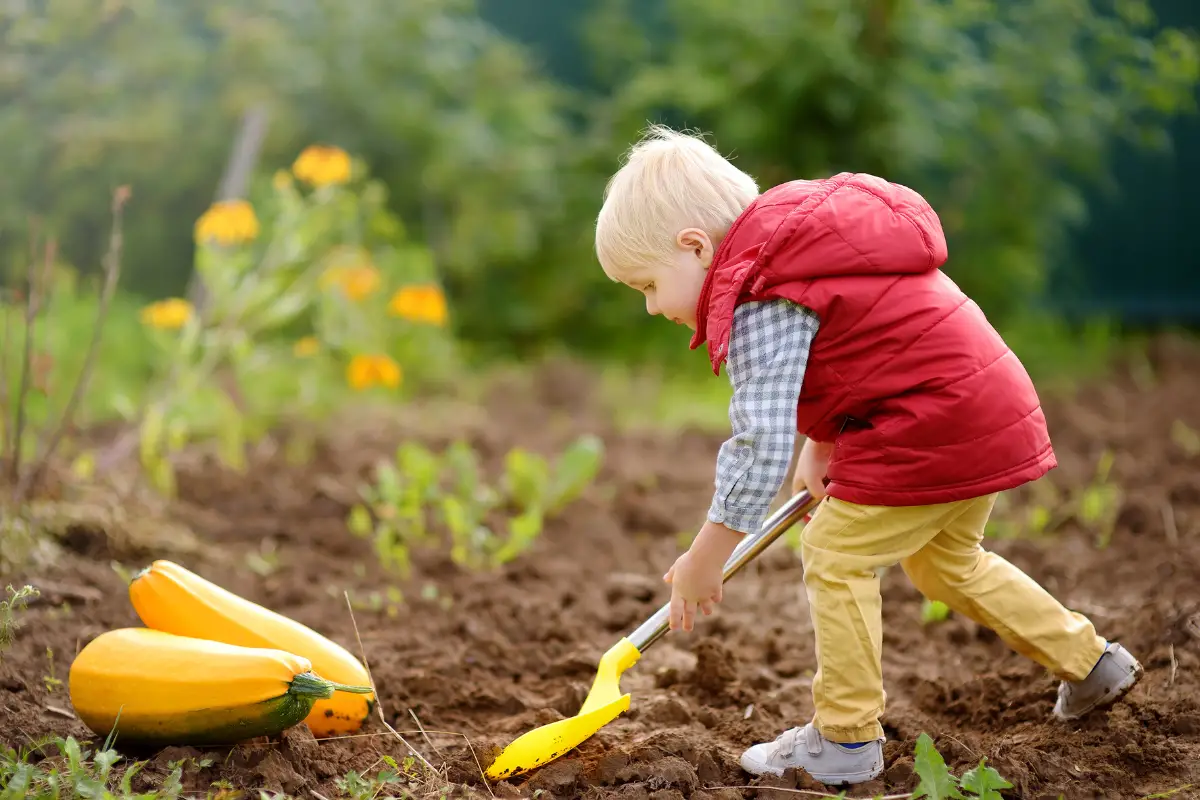Find out if Deers eat Rudbeckia and how to keep your plants safe with our guide on deer resistance.
Keep reading to learn more about this popular flowering plant and how to protect your garden from pesky deer.
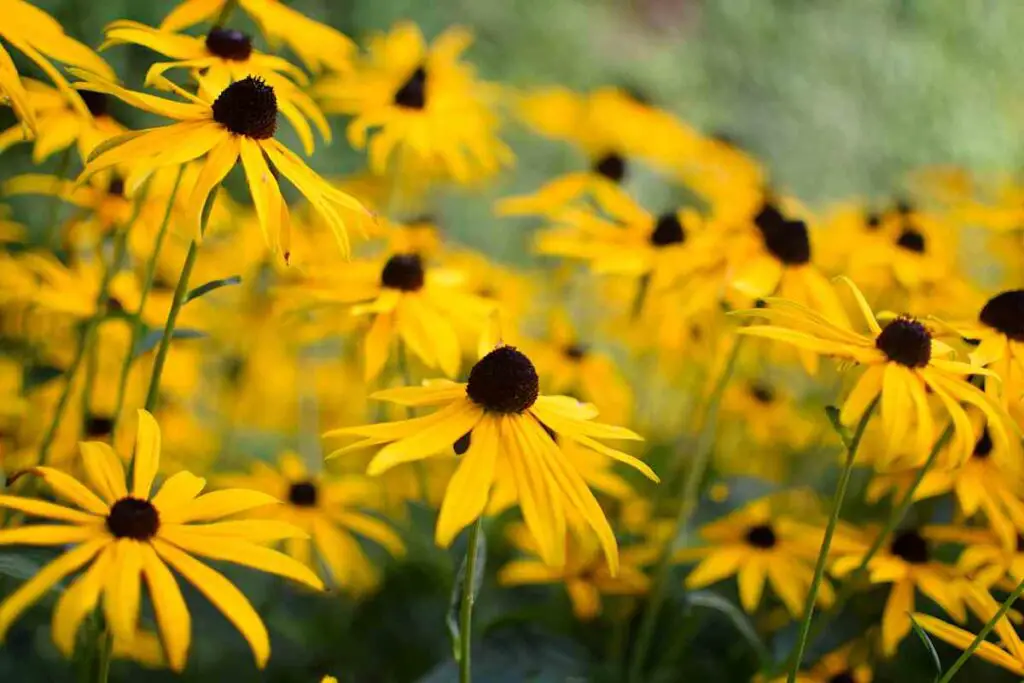
Table of Contents
Do Deers Eat Rudbeckia?
Rudbeckia, also known as black-eyed Susan, is a type of flowering plant native to North America. It is known for its bright, daisy-like flowers with a dark brown or black center.
While some species of deer may be more likely to browse on Rudbeckia, it is generally considered to be deer resistant. This does not mean that deer will never eat Rudbeckia, but it is less likely to be damaged by deer compared to other plants.
If you are concerned about deer in your garden, it is always a good idea to take precautions such as using deer repellents or installing a fence to protect your plants.
Find 7 other plants the are deer resistant…
Why Do Deers Not Like Rudbeckia?
It is not uncommon for deer to browse a wide variety of plants, including flowers, shrubs, and trees.
However, some plants are less attractive to deer due to their taste, smell, or physical characteristics. It is not fully understood why deer are less likely to eat certain plants, but it is believed that certain plant characteristics may make them less appealing or more difficult for deer to eat.
As for Rudbeckia, or black-eyed Susan, it is generally considered to be deer resistant. This does not mean that deer will never eat Rudbeckia, but it is less likely to be damaged by deer compared to other plants.
It is not clear why deer are less likely to eat Rudbeckia, but it may be due to its taste, smell, or physical characteristics.
If you are concerned about deer in your garden, it is always a good idea to take precautions such as using deer repellents or installing a fence to protect your plants.
Benefits of Having Rudbeckia In Your Garden?
Rudbeckia, or black-eyed Susan, is a popular flowering plant known for its bright, daisy-like flowers with a dark brown or black center.
In addition to being deer resistant, there are several other benefits to having Rudbeckia in your garden:
- Attracts Pollinators: Rudbeckia is a favorite of pollinators such as bees, butterflies, and hummingbirds, which can help to increase the overall health and productivity of your garden.
- Drought Tolerant: Rudbeckia is relatively drought tolerant and can thrive in dry conditions, making it a good choice for gardens in areas with limited water.
- Easy to Grow: Rudbeckia is a low-maintenance plant that is easy to grow in a range of soil types and conditions. It is a good choice for beginner gardeners or those with limited time.
- Long Blooming Season: Rudbeckia typically blooms from mid-summer to fall, providing a long season of color in the garden.
- Versatile: Rudbeckia can be used in a variety of garden settings, including borders, mass plantings, and as a cut flower. It is a great choice for adding color and interest to the garden.
Conclusion
In conclusion, it is generally thought that deer are less likely to eat Rudbeckia, or black-eyed Susan, compared to other plants.
However, this does not mean that deer will never eat Rudbeckia, as their feeding habits can vary depending on the availability of food and other factors.
If you are concerned about deer in your garden, it is always a good idea to take precautions such as using deer repellents or installing a fence to protect your plants.
Despite this, Rudbeckia is still a popular flowering plant that offers a range of benefits for the garden, including being drought tolerant, easy to grow, and a favorite of pollinators.
- How to Build a Planter Box for Bamboo: A Step-by-Step Guide
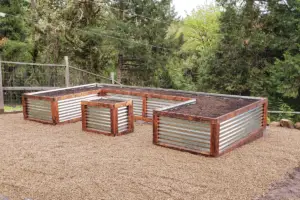
- Can Robotic Lawnmowers Handle Steep Slopes?
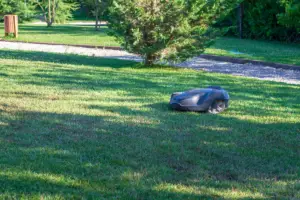
- Do You Need a Specific Lawn for a Robotic Lawnmower? Expert Advice
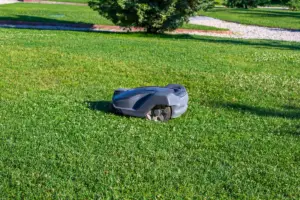
- Are Robotic Lawnmowers Safe for Pets and Children? Safety Features of Robotic Lawnmowers
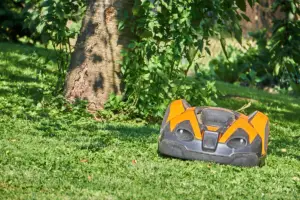
- Why Use Robotic Lawnmowers? Advantages of Using a Robotic Lawnmower
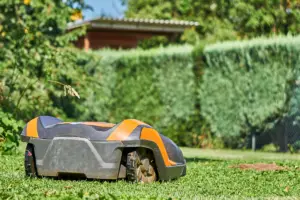
- Is the GARDENA SILENO City 300 Cordless or Corded? A Clear Answer











